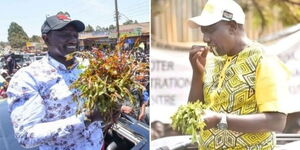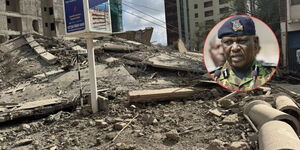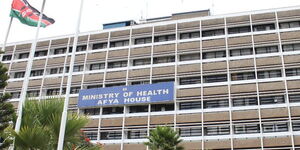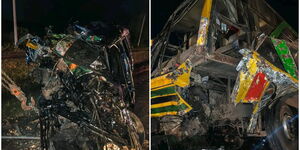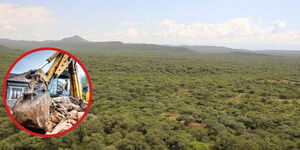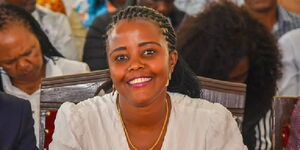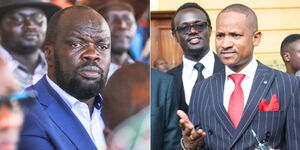It is without a doubt that Tom Mboya’s political acumen would be something that would shine in the history of the country.
In the run-up to independence, Tom Mboya played crucial roles, most of which included intense lobbying in bot the United States and in Britain.
Reports from Hoover Institution, a Standford University Think tank indicate that Mboya, the firstborn son of a sisal plantation overseer, had studied to become a “sanitary inspector” of milk and other agricultural products.
“While working in that capacity for the Nairobi city government, he rose in the union hierarchy. It was the time of what white settlers called the “Mau Mau uprising”; Africans labeled it an anti-colonial independence movement. The colonial government declared an emergency and jailed tens of thousands of suspected Mau Mau, mostly members of the dominant Kikuyu ethnic group.” Hoover wrote.
According to the reports, it was the time of Kenyatta’s incarceration that fortunes started to change for Mboya.
His rise was coupled by a ban by the colonial government towards the Agikuyu leaders from practicing politics and the absence of a clear political leader to guide the country towards independence which had already started to peak from the horizon.
Mboya, who had the capacity to speak 8 African languages and was impeccable in English, wormed his way into people’s hearts not only in the country but also abroad, finding himself in the US studying and touring to lecture the society on the importance of African Independence.
"Mboya understood “how harmful to Kenya was the man who saw only good in his own people and only evil in those of the other tribes,” as he would write in the autobiographical Freedom and After. Working across tribal and racial lines, he averted national strikes, which led to an invitation to attend Ruskin College at Oxford,” Hoover reported.
Mboya would later play roles in the airlift of the Kenyan students and also author a paper 'The Kenya Question: An African Answer, advocating a steady march toward independence, democracy, and capitalism.
Founding the African American Students Foundation, Mboya managed to push for the airlifting of African students to universities abroad, of which individuals like Wangari Mathai and many other politicians were beneficiaries.
His exploits earned him praise and recognition, allowing him to rub shoulders with the greats, including Martin Luther King Jr. And US president John F Kennedy, who was unfortunately assassinated in 1963.
In independent Kenya, even after Kenyatta's release and Kenya gaining independence, Mboya was still a voice to be reckoned with, and he did not have too long to live.
Mboya was assassinated on in 1969.

